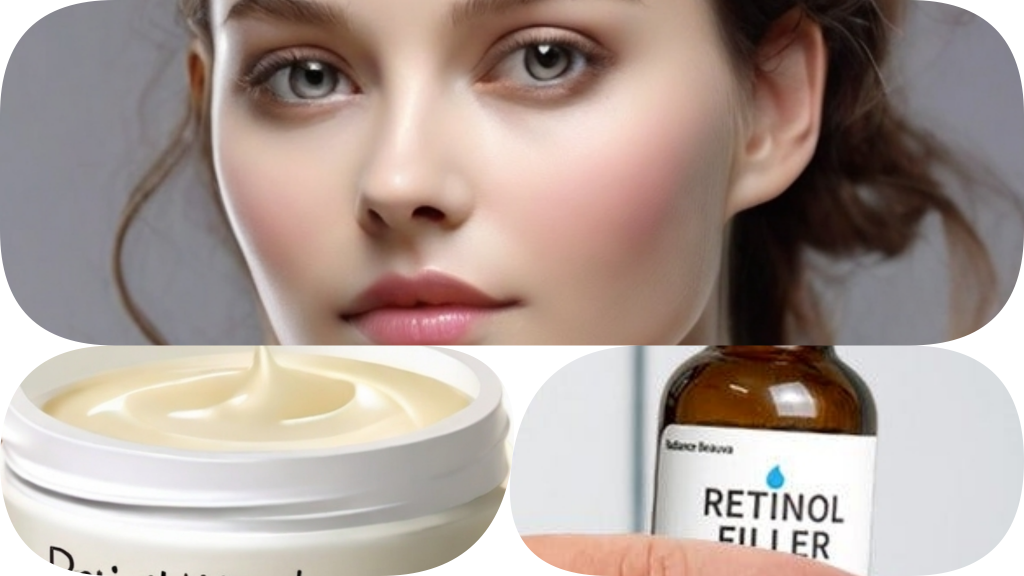Retinol creams and serums, crucial in the skincare realm, remain a constant buzz in the beauty industry. Retinol, a derivative of vitamin A, stands out as one of the most extensively utilized and potent components for skin rejuvenation and enhancement. This article delves into the myriad benefits of retinol cream (serum), its proper usage, and expert advice to maximize results.

Benefits of Retinol Cream (Serum)
Improves Wrinkles: Retinol stimulates collagen production, effectively reducing wrinkles and promoting skin elasticity, resulting in a smoother complexion.
Enhances Skin Tone: By minimizing pigmentation, retinol contributes to an even skin tone, addressing stains and blemishes caused by past sun exposure.
Addresses Acne Concerns: Retinol supports the normal regenerative activity of skin cells, potentially aiding in the improvement of acne and associated marks.
Improves Skin Structure: Enhancing skin elasticity and structure, retinol contributes to a healthy and youthful appearance.
How to Use Retinol Cream (Serum)
Start with Small Amounts: Due to its potency, it’s crucial to begin with small amounts. The application may vary based on skin type, with dermatologist recommendations being essential.
Begin with Low Concentration: New users are advised to opt for lower concentration products initially, gradually increasing to higher concentrations. This is especially important for individuals with sensitive skin.
Usage Frequency: Initially, use retinol 1-2 times a week, adjusting as your skin adapts. Excessive use can lead to skin irritation, so caution is advised.
Incorporate into Skincare Routine: Integrate retinol creams (serums) into a comprehensive skincare routine. After gentle cleansing, apply after toner and moisturizer for optimal results.
Effects and Differences between Retinol Cream and Serum
Moisturizing: Creams contain higher moisturizing ingredients, preventing dryness. Serums provide moisture but may not have as deep an effect as creams.
Absorption Rate: Creams have higher staying power, while serums are absorbed quickly, delivering fast results.
Ingredient Concentration: Serums boast high concentrations of active ingredients, including retinol, while creams contain lower concentrations.
Purpose of Use: Creams focus on moisturizing and skin regeneration, ideal for dry skin or dry seasons. Serums are for those seeking intensive effects and quick results, especially for specific skin concerns.
Texture: Creams have a thick, moisturizing texture, providing smooth coverage. Serums have a lightweight texture, easily absorbed, and offering a non-heavy feel.
Precautions when Using Retinol Cream (Serum)
Avoid the Sun: Minimize sun exposure, routinely using high SPF sunscreen for skin protection.
Caution on Mixing Products: Retinol may interact with other chemicals, so consult a dermatologist when combining products.
Avoid during Pregnancy: Pregnant or planning to be? Avoid retinol use. Consult a dermatologist due to potential effects on the fetus.
Retinol cream (serum) is hailed as a secret weapon for skin beauty. With proper use and adherence to precautions, it can significantly enhance skin condition. For first-time users, considering skin sensitivity and seeking professional advice is crucial. Embrace rejuvenation and unveil more beautiful skin with retinol cream (serum)!


